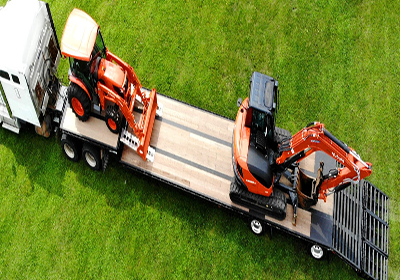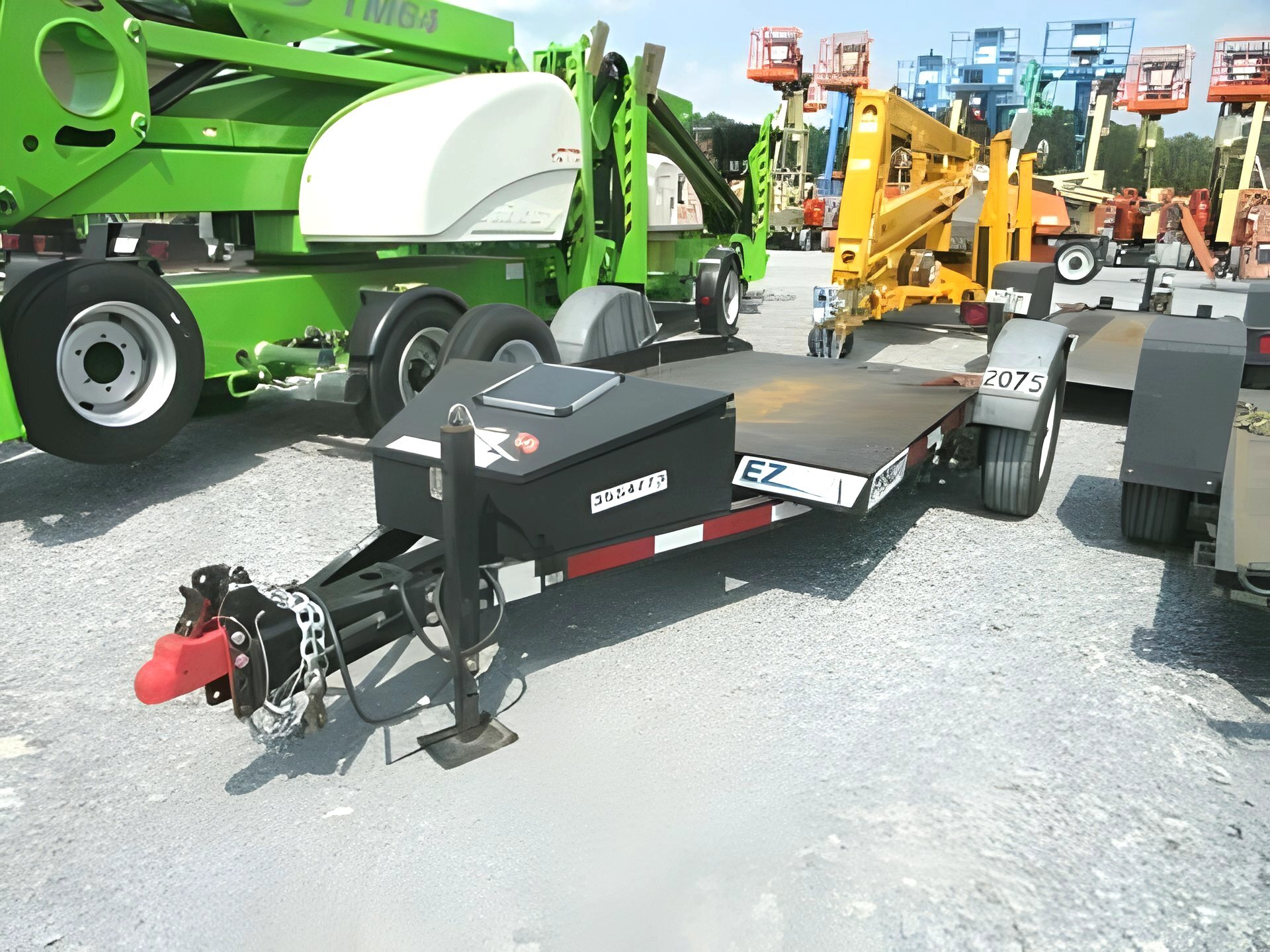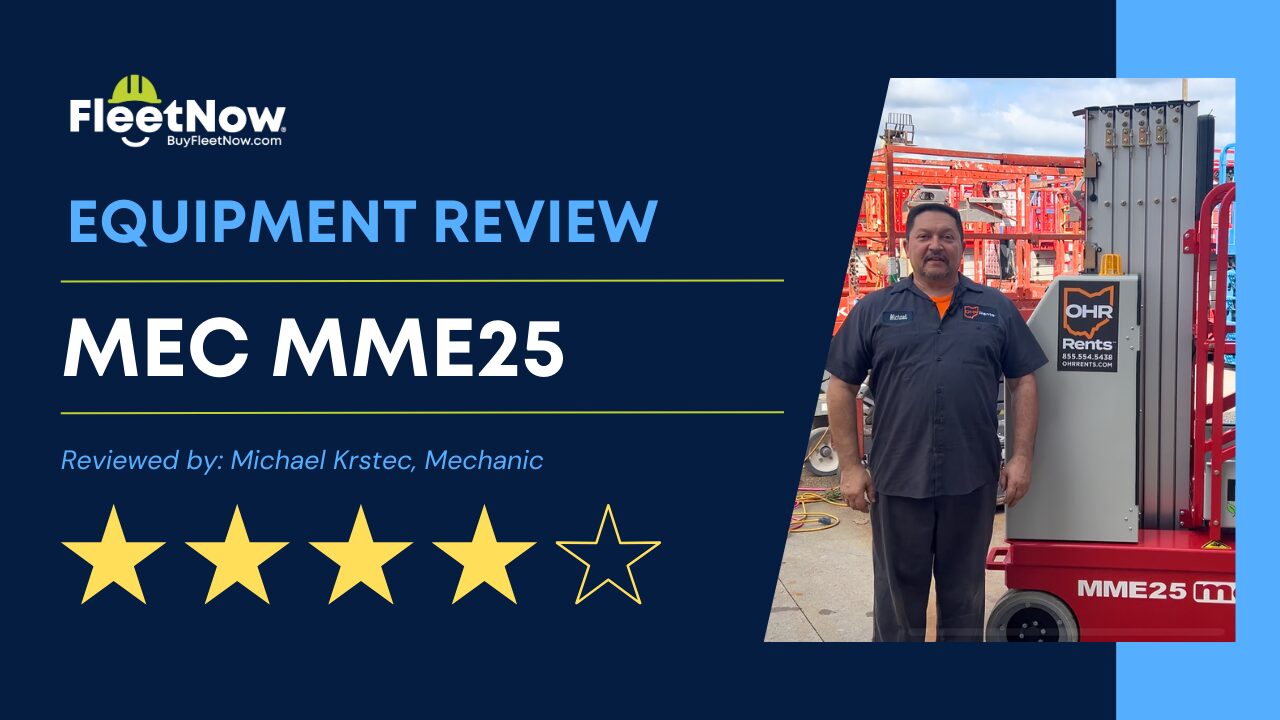How Much Weight Can a Drop-Deck Trailer Carry?
The weight capacity of a drop-deck trailer, also known as a lowboy trailer or step-deck trailer, can vary based on several factors including its design, construction materials, axle configuration, and legal regulations in different regions.
In general, drop-deck trailers are designed to carry heavy loads and are commonly used for transporting large and oversized equipment such as construction machinery, industrial components, and vehicles.
Typically, the weight capacity of a drop-deck trailer can range from 40,000 pounds (20 tons) to 80,000 pounds (40 tons) or more, depending on the specific trailer model and configuration. Some heavy-duty drop-deck trailers with multiple axles and reinforced frames can have higher weight capacities, allowing them to transport exceptionally heavy loads within legal weight limits.
It’s important for operators and drivers to comply with local laws and regulations regarding weight restrictions and axle loadings when determining the appropriate weight capacity and loading limits for a drop-deck trailer. Overloading a trailer can compromise safety and lead to legal penalties, so it’s crucial to adhere to recommended weight limits for safe transportation.
How Long Does a Drop-Deck Trailer Last?
When it comes to drop-deck trailers, the lifespan of the machine can vary depending on usage and maintenance. However, with proper care and regular maintenance, a drop-deck trailer can last for many years and thousands of hours of use. It’s important to keep up with routine maintenance tasks such as checking tire pressure, inspecting brakes, and lubricating moving parts to ensure the longevity of your investment.
What Should I Look For When Shopping For a Drop-Deck Trailer For Sale?
When shopping for a drop-deck trailer for sale, there are several key factors to consider to ensure you choose the right trailer for your needs:
Size and Capacity: Determine the size and weight capacity requirements based on the type of cargo you plan to transport. Consider both the deck length and weight rating (GVWR – Gross Vehicle Weight Rating) to ensure the trailer can safely handle your intended loads.
Construction and Build Quality: Inspect the construction materials and overall build quality of the trailer. Look for trailers made from durable materials such as steel or aluminum that can withstand heavy use and provide longevity.
Deck Configuration: Evaluate the deck configuration and design. Check if the trailer has a low-profile or step-deck design to accommodate taller cargo efficiently. Consider whether the trailer features adjustable decks or ramps for versatile loading options.
Loading and Unloading Features: Assess the loading and unloading capabilities of the trailer. Look for features like ramps, hydraulic lifts, or removable sections that facilitate easy loading and unloading of various types of cargo.
Suspension and Axles: Examine the suspension system and axle configuration of the trailer. Choose a trailer with a robust suspension system that can handle the weight of your cargo and provide a smooth ride.
What Are Popular Brands of Drop-Deck Trailers For Sale?
Air-Tow Trailers specializes in unique drop-deck trailers that feature a hydraulically-operated deck that can be lowered to the ground.
BWS Manufacturing specializes in custom trailers, including drop-deck models, known for their innovative designs and durability.
Felling Trailer’s drop-deck trailers are designed to handle heavy loads and provide ease of loading and unloading, making them a popular choice in various industries.

Shop Drop-Deck Trailers For Sale on BuyFleetNow.com
Felling Drop-Deck Trailers for Sale | Air-Tow Drop-Deck Trailers for Sale | BWS Drop-Deck Trailers for Sale
How Does a Drop-Deck Trailer Work?
A drop-deck trailer, also known as a step-deck or lowboy trailer, functions uniquely to accommodate tall or oversized cargo that cannot be transported on a standard flatbed trailer due to height restrictions. This specialized trailer design features a lower deck in the front section and a raised rear section. The lower deck allows for loading standard-height cargo, while the raised rear section provides increased vertical clearance for taller cargo. Cargo is loaded onto the drop-deck trailer using ramps or loading equipment. Standard-height cargo is placed on the lower deck, while taller or oversized cargo is positioned on the raised rear section, utilizing the sloped or stepped transition to accommodate the height. Once the cargo is loaded and properly secured with tie-downs or chains, the drop-deck trailer is ready for transportation. This design ensures that the cargo remains stable and within legal height limits during transit. Drop-deck trailers are versatile and used for transporting various equipment and machinery, including construction vehicles, industrial components, and agricultural machinery. Operators must comply with local transportation regulations and weight restrictions to ensure safe and efficient transportation using a drop-deck trailer.
Here is a video showing how to load a drop-deck trailer:
How Much Does a Drop-Deck Trailer For Sale Cost?
The cost of a drop-deck trailer for sale can vary widely depending on several factors including its size, capacity, construction materials, brand, age, and condition (new or used). Generally, prices for drop-deck trailers range from approximately $15,000 to $50,000 or more for used models, depending on their specific features and condition. New drop-deck trailers with higher load capacities and advanced features can cost upwards of $50,000 to $100,000 or more, especially for heavy-duty models designed for transporting oversized or specialized cargo.
Factors such as the trailer’s overall condition, mileage (if used), brand reputation, and included features (e.g., hydraulic ramps, adjustable decks, air ride suspension) can significantly impact the price. Additionally, customizations or special configurations may increase the cost further. It’s essential to consider both the upfront cost and the long-term value and reliability of the trailer when making a purchase decision. Buyers should also factor in additional expenses such as taxes, registration fees, and transportation costs when budgeting for a drop-deck trailer.
Recent Equipment News
MEC MME25 Review: Specs, Features & Industry Perspective
MEC MME25 Review: Specs, Features & Industry [...]
Construction Equipment Trends 2025: Inside Q1–Q2 Demand & What It Means for You
Table of Contents Top 10 Categories Q1 vs [...]
FleetNow Announces Elijah Dollarhide as 2025 Construct Your Future Scholarship Winner
FleetNow Announces Elijah Dollarhide as Construct Your Future Scholarship [...]












































